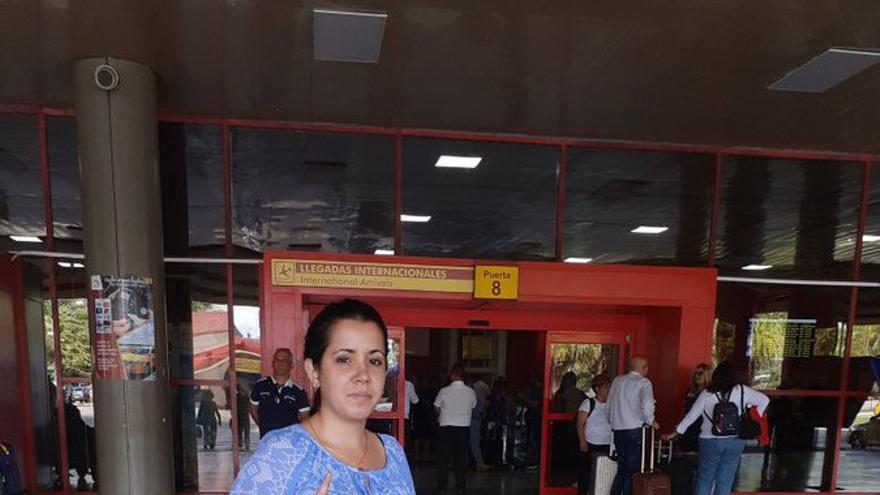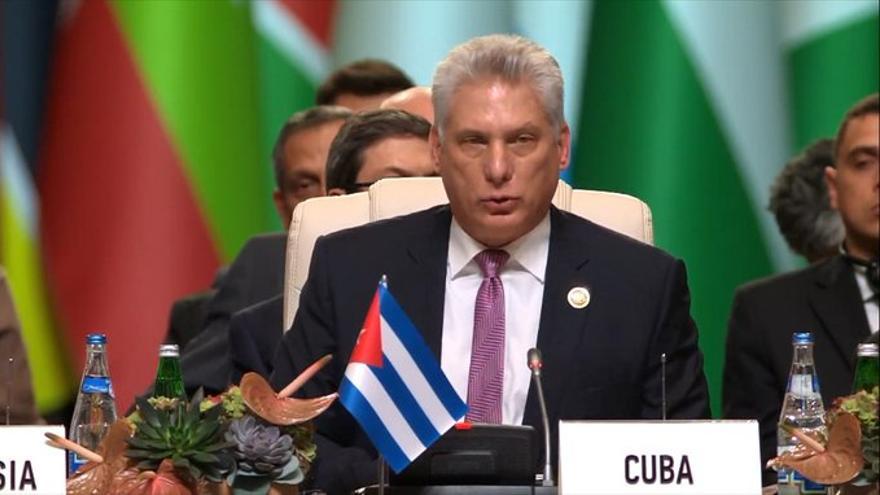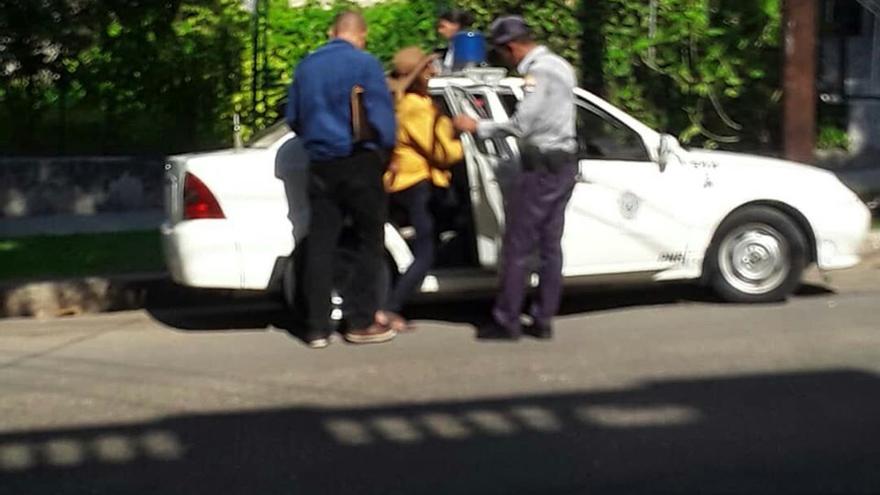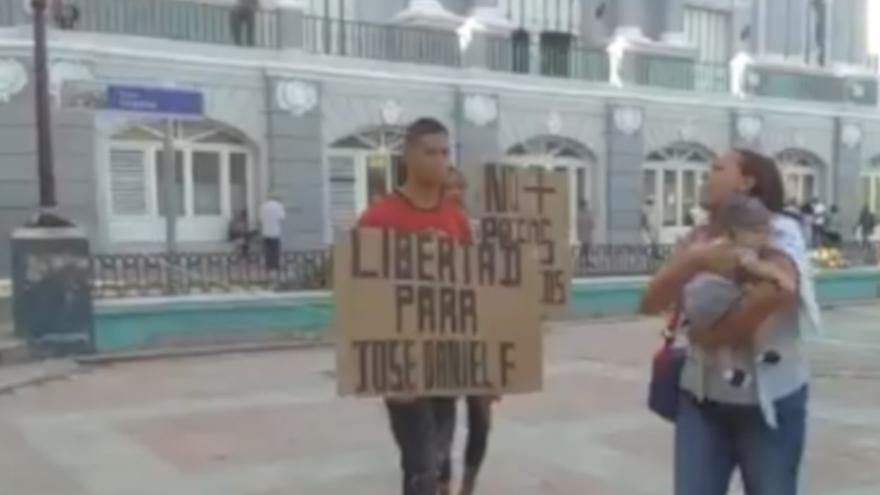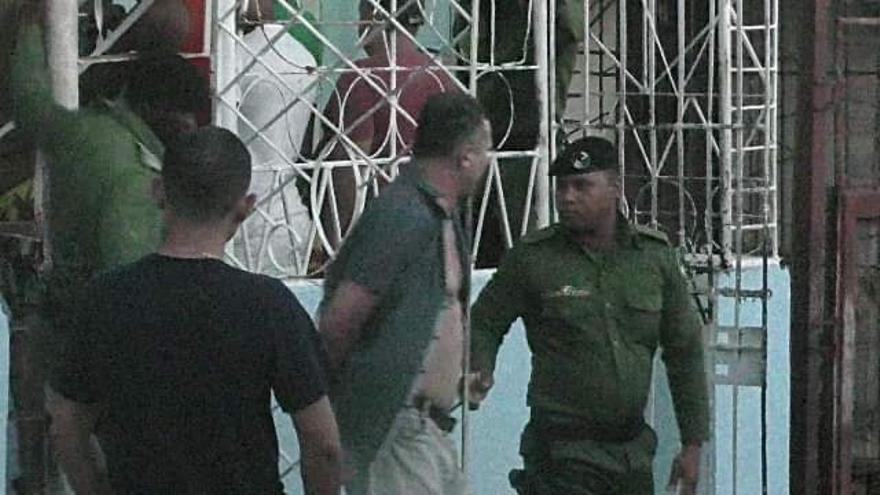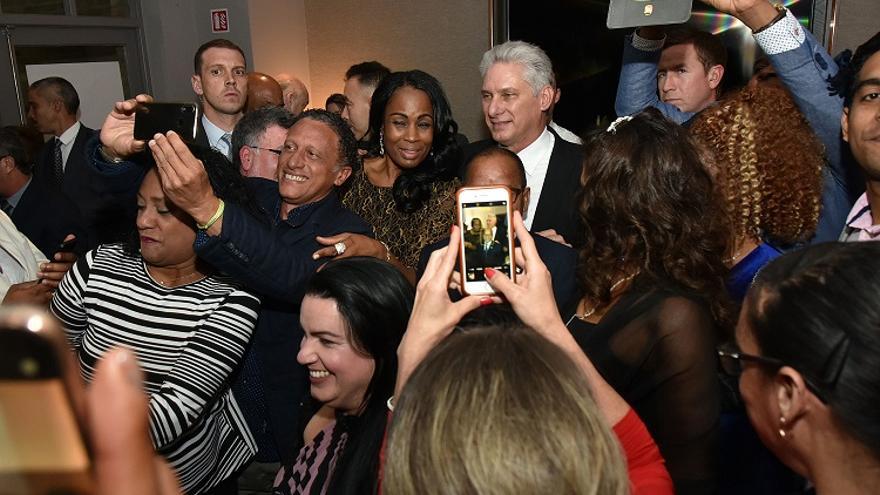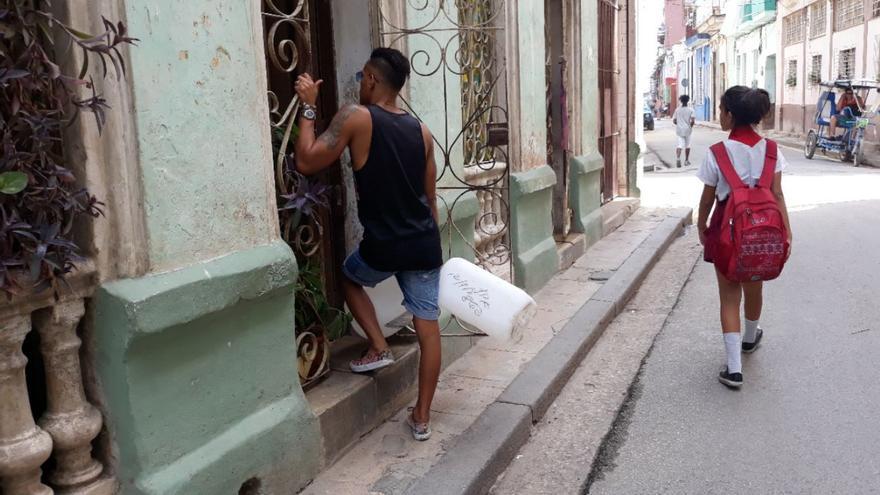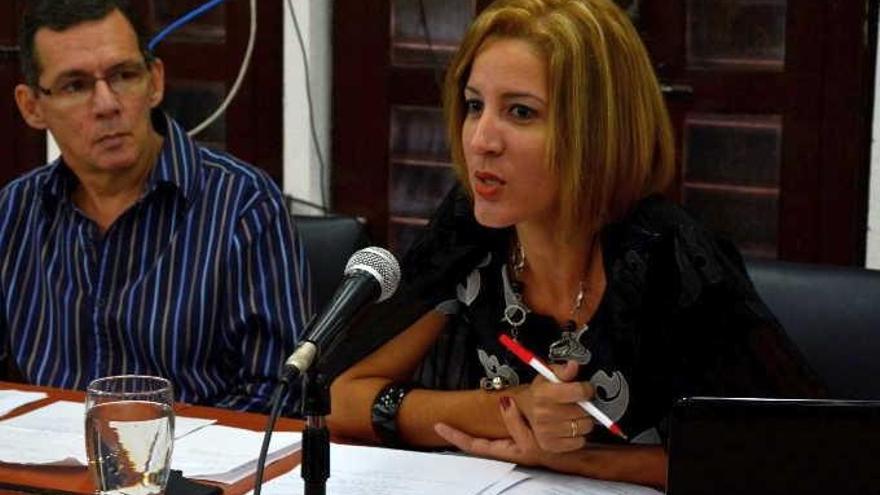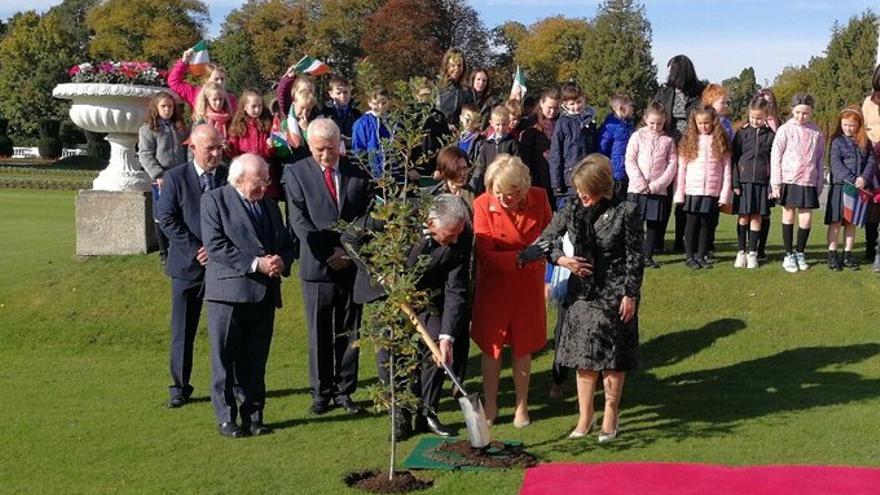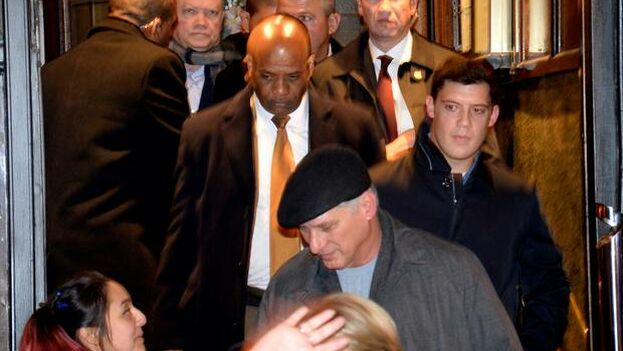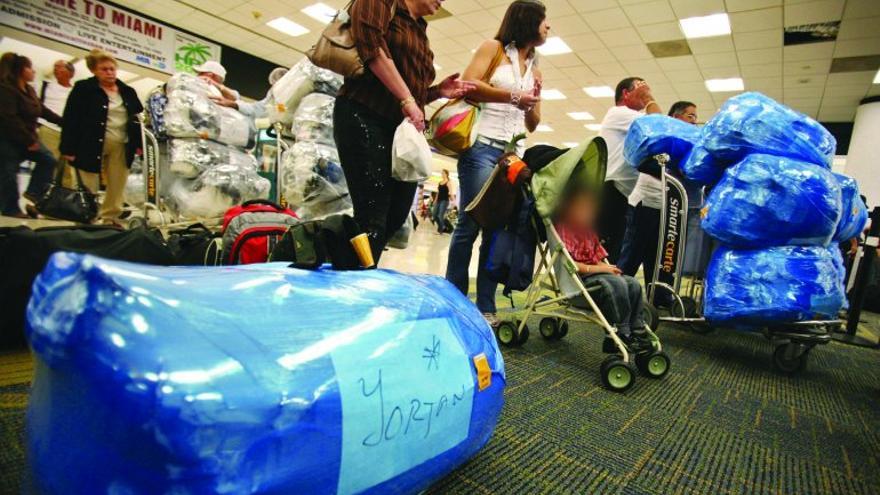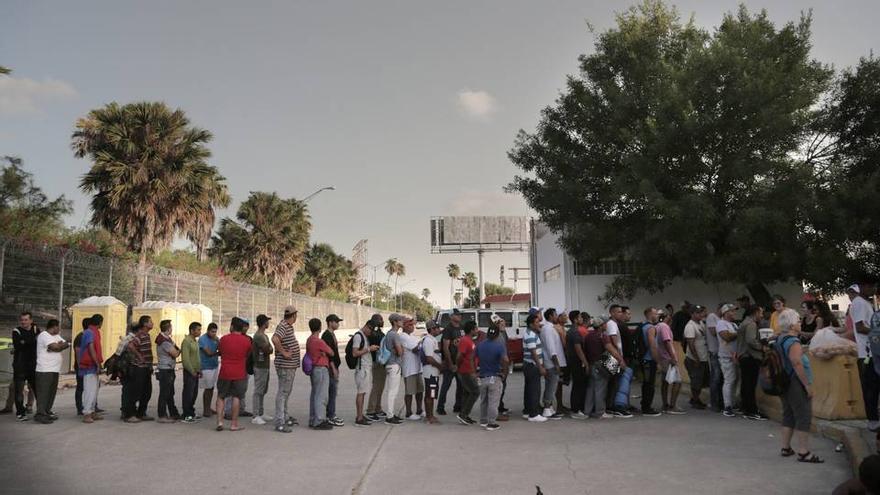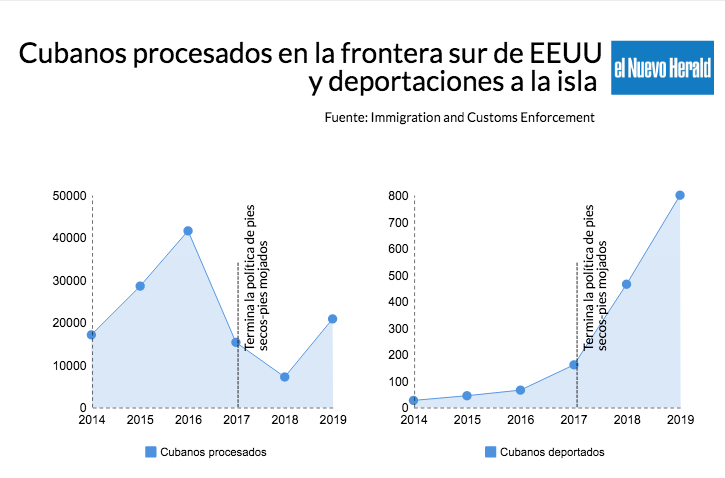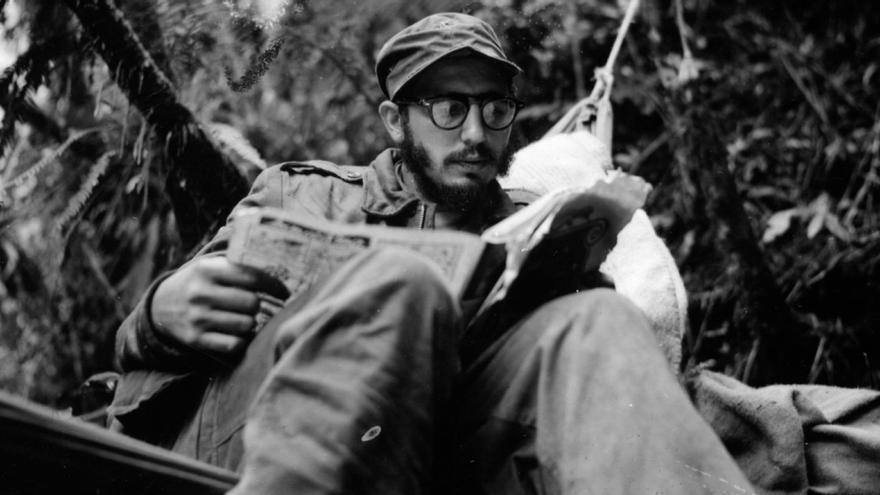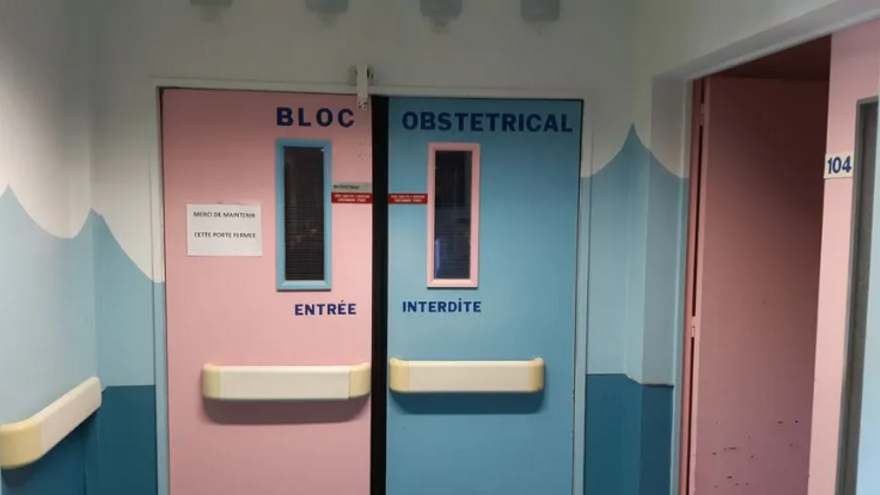For a moment I felt like I was in Cuba. There, in the lobby bar of the Clayton Hotel, laughter, exclamations, and hugs among a dozen Cubans burst into the autumnal serenity of Dublin. I had never been in that part of the city, Ballsbridge, and I had never been among so many Cubans in Ireland. I was surprised to discover that the majority have lived here for years. The night was promising surrealism from all sides.
In addition to the ambassador, the consul, and the secretary of the Cuban embassy in Ireland, I had already met two more Cubans during the meeting with the Vice Minister of Foreign Relations of Cuba, Ana Teresita González Fraga, in September of last year, of which I wrote an account at that time. continue reading
We were soon led to a meeting room of approximately 6×8 meters with three or four high tables without chairs. It was difficult for me to imagine the 400 Cubans that, according to my embassy, are in Ireland, inside that small area, for which reason I was inclined to believe more the version told by some that only around 15 invitations had been sent, although it seemed to me that there were at least 20 people there.
A few minutes after 8:00 in the evening President Miguel Díaz-Canel Bermúdez arrived, accompanied by a retinue that included the Minister of Foreign Relations of Cuba, Bruno Rodríguez Parrilla. Both were coming from a meeting with the Irish Prime Minister Leo Varadkar.
Canel greeted all present and began by mentioning various subjects of interest for the community of Cubans abroad. He said he was “on top of” a number of worries about the price of the passport and added that they were analyzing and assessing and looking for answers to all those issues.
He also promised more frequent exchanges from the authorities on emigration. It wasn’t clear to me if that is a pending claim of some Diaspora Cubans or if it is an initiative of the Cuban government. However, he didn’t give timeframes to respond to the worries that he mentioned, nor did he share any concrete action plans on the matter, but he clarified that “all the answers always depend greatly on how, when it comes to international relations, the United States government behaves with Cuba.”
He spoke of the worsening of the blockade and the moment of economic crisis that the island is experiencing. He said that he wasn’t going to repeat the term “temporary” because people everywhere had mocked him for it and, for some reason that I still don’t understand, laughter was heard.
Díaz-Canel also spoke of conversations held by him and his delegation with the Irish government regarding commercial relations and academic exchanges that he did not specify, beyond mentioning biopharmaceutical products as a possibility. By not clarifying, he didn’t even respond to my concrete question on when we will have a single currency. He dodged the question by answering approximately that he couldn’t tell me anything so that “the enemies” wouldn’t find out.
Someone suggested that it would be a good idea to develop medical cooperation agreements in Ireland, to which he answered that this country has not asked Cuba for doctors. Likewise, he spoke of the computerization of society and Cuban tweetplomacy and how it has facilitated exchange between the population and the authorities.
The president also noted the participation of Cubans living abroad (in a general sense) in the project of constitutional reform and assured us that more than 40% of their contributions were taken into account. It’s worth clarifying that he omitted data on which ones they were or how one can access the expanded information and other criteria of calculations of that statistic.
In this sense, the president of the Association of Cubans in Dublin took the opportunity to thank Díaz-Canel “that we have been permitted to vote.” I believe that everyone in that room was able to hear me when, in a stupefied state, I asked her, with invisible but audible exclamation points and question marks:
-And did you vote?
-Yes, I did, she responded.
-But, how? You aren’t a Cuban resident? I insisted.
-Yes, she nodded.
-I couldn’t vote, I told her.
Really, I was going to add that we Cubans living abroad do not have that right, although obviously she knows that, otherwise she wouldn’t be thanking Canel for what seemed to me, to the naked eye, a matter of favoritism (illegal, by the way). Only a nudge from the person on my left made me realize that I was disturbing the president’s discourse with my questioning. I was less than two meters from him, since by that time I found myself in the first row of the audience.
For around an hour, which was how long the meeting lasted, the speeches of the approximately 20 Cubans in Ireland present there centered around supporting the Revolution. At least, that is what I can vouch for, because I have never met socially with any of them.
There was one who brought up that he has a large family and that the procedures for Cuban passports are very costly for them. I managed to tell him that that was due to “effective citizenship” but I wasn’t able to add anything else, since he was addressing Díaz-Canel and I didn’t want to interrupt. There was indeed interaction and that is always healthy.
The president asked us to follow the platforms and profiles that support the Revolution because it’s very important for a Cuban abroad to defend the political and social project of the island. It was at that moment that I decided to intervene because everyone who knows me knows how I think.
It really wasn’t my intention to go there to “make confessions of faith,” but rather to participate as a Cuban in a possible debate where, at the very least I thought that real perspectives on the passport and its absurd extensions would be discussed, but it wasn’t like that.
I only said, briefly, that more important than unity was achieving tolerance among Cubans, that ideology could not be the center of everything and that, although the salary increase looked good, I didn’t approve the prohibition imposed by the government on many citizens not allowing them to return to the island.
Applause, although valid, has never resolved situations. Among the problems I see that we have in our country, one of the worst is discrimination based on ideological reasons, and I felt that it would have been irresponsible not to take advantage of the opportunity of that meeting.
I had the impression that the president didn’t like it and I confess that at the end, when the chancellor asked my name and surnames, the first thing I thought was that I would be put on a blacklist; the same one that now prevents my cousin from seeing his only daughter and thousands of Cubans from attending a loved one’s funeral, a mother’s birthday, or a nephew’s graduation.
I know that I could have said many things, even though it wasn’t possible for me to finish my argument. Others wanted to speak and they spoke. I didn’t have the opportunity to refute the president that in Cuba there wasn’t persecution for ideological reasons, nor that we Cubans do not exclude ourselves, as he said, instead of being victims of the state’s exclusion, which is what really happens. I don’t believe it would have been worth it. They are the ones who dictate and impose measures. I don’t have to repeat to them what they know better than I do but are unable to acknowledge.
Perhaps many will criticize me because I had a dialogue with the dictatorship or because I criticized the Revolution, and they have every right, but my conscience is clear which is, at the end of the day, what gives inner peace. I don’t believe that a true, human, honest, and just Cuban should impose family separation, exile, and discrimination, for any reason, on another who has never committed a crime according to international laws and the Cuban constitution.
For my part, and despite the fear, I try to exercise my rights respecting those of others to begin to train my own tolerance.
Translated by: Sheilagh Herrera
___________________
The 14ymedio team is committed to practicing serious journalism that reflects Cuba’s reality in all its depth. Thank you for joining us on this long journey. We invite you to continue supporting us by now becoming a member of 14ymedio. Together we can continue transforming journalism in Cuba.
![]() 14ymedio, November 5, 2019 — The televised debate held this Monday in Spain ahead of the elections of November 10 brought to light the opposition’s harsh criticisms of Pedro Sánchez’s Government for its policy toward Cuba, Venezuela, and Nicaragua. The head of the Spanish Socialist Workers’ Party (PSOE) heard reproaches for the position he has assumed toward Nicolás Maduro and for organizing King Felipe VI’s visit to Cuba for the celebration of the 500-year anniversary of Havana.
14ymedio, November 5, 2019 — The televised debate held this Monday in Spain ahead of the elections of November 10 brought to light the opposition’s harsh criticisms of Pedro Sánchez’s Government for its policy toward Cuba, Venezuela, and Nicaragua. The head of the Spanish Socialist Workers’ Party (PSOE) heard reproaches for the position he has assumed toward Nicolás Maduro and for organizing King Felipe VI’s visit to Cuba for the celebration of the 500-year anniversary of Havana.
